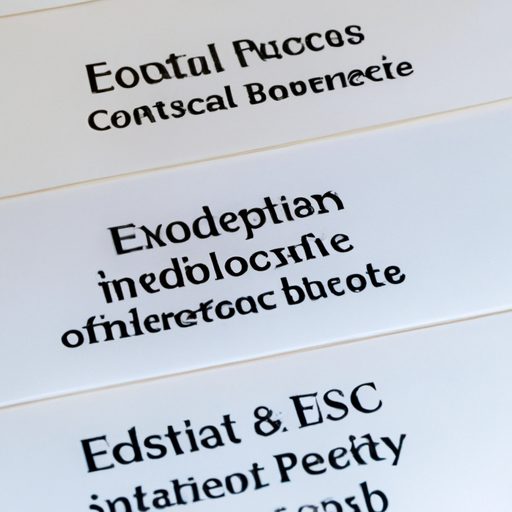EBA Proposes Conflict of Interest Standards for Asset-Referenced Tokens
The European Banking Authority (EBA) has recently proposed new conflict of interest standards for asset-referenced tokens. As digital assets and tokenization gain prominence in the financial world, it is crucial to address potential conflicts of interest to ensure fair and transparent markets.
Understanding Asset-Referenced Tokens
Asset-referenced tokens are a form of digital assets that derive their value from underlying real-world assets or financial instruments, such as commodities, securities, or currencies. These tokens enable fractional ownership and increase liquidity, making them an attractive investment option for individuals and institutions.
The Need for Conflict of Interest Standards
As asset-referenced tokens become more popular, it is essential to establish robust conflict of interest standards to protect investors and maintain market integrity.
The EBA recognizes the potential conflicts of interest that can arise in the issuance, distribution, and trading of asset-referenced tokens. These conflicts could stem from various sources, including but not limited to:
- Issuer’s role as a market maker or token holder
- Issuer’s involvement in tokenized asset management
- Issuer’s relationships with token purchasers or investors
Key Proposals by the EBA
The EBA’s proposed conflict of interest standards aim to promote fair market practices and ensure investor protection. Some key proposals include:
- Disclosure Requirements: Token issuers must provide clear and comprehensive disclosures regarding potential conflicts of interest associated with the tokens. This transparency allows investors to make informed decisions.
- Chinese Wall Policies: Issuers must establish robust Chinese wall policies to separate departments involved in token issuance, trading, and asset management. This separation minimizes the risk of biased decision-making.
- Avoidance of Insider Trading: Token issuers must implement measures to prevent insider trading and ensure fair treatment for all investors.
- Independent Governance Structures: Issuers should establish independent governance structures to oversee conflicts of interest and ensure compliance with applicable regulations.
Potential Impact
If implemented, these conflict of interest standards could significantly enhance investor confidence in asset-referenced tokens. Investors would have greater assurance that token issuers are acting in their best interests and maintaining market fairness.
Moreover, the proposed standards would contribute to the overall development and maturation of the digital asset ecosystem. By addressing conflicts of interest, the EBA aims to foster a more robust and well-regulated market for asset-referenced tokens.
Conclusion
The EBA’s proposal for conflict of interest standards for asset-referenced tokens underscores the importance of market integrity and investor protection in the rapidly growing digital asset space. By addressing conflicts at various stages, from issuance to trading, these standards have the potential to create a more transparent and fair environment.
As the regulatory landscape around digital assets continues to evolve, it is crucial for industry participants, policymakers, and investors to collaborate in establishing frameworks that foster innovation while upholding market integrity.
